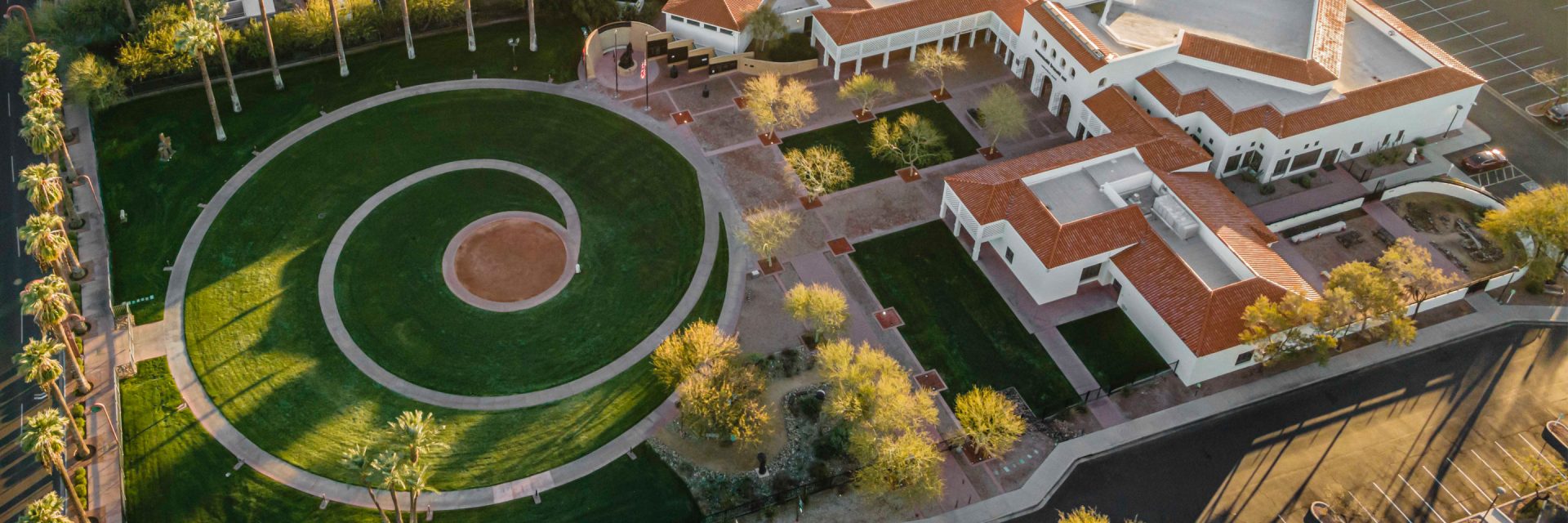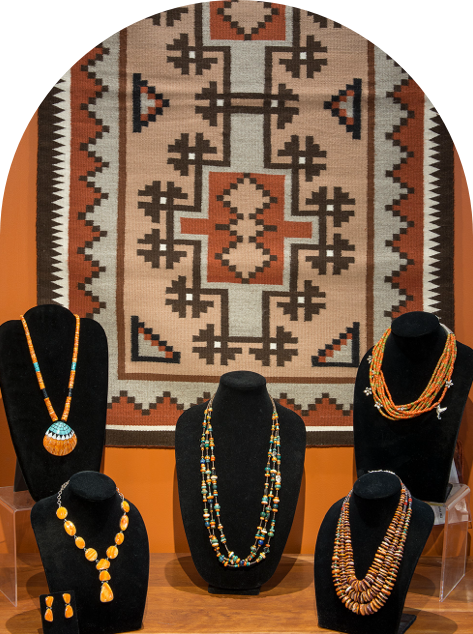
Events & Classes
Upcoming Events

Explore the Heard Museum Shop
Our Shop sells hundreds of authentic pieces made and bought directly from American Indian artists. Build your collection and support working artists.


Join for an amazing year of art and culture, starting with FREE tickets to the 66th Annual Heard Museum Guild Indian Fair & Market.